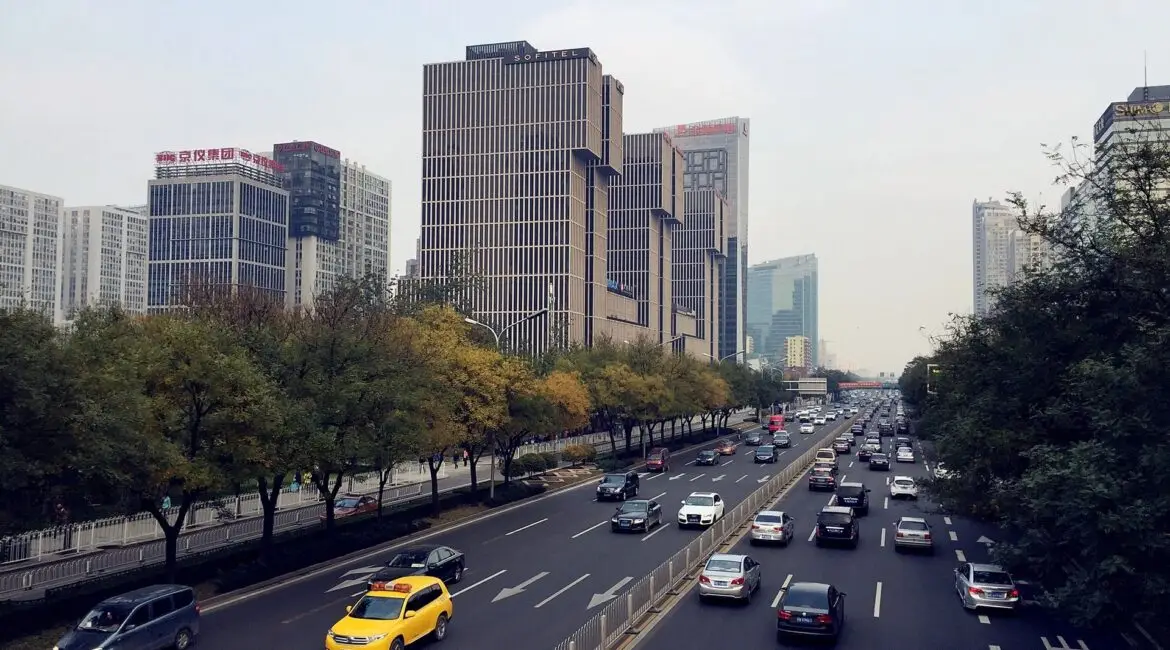The Role of Background Checks in Uber and Lyft Safety
Ridesharing services like Uber and Lyft have transformed how we travel, offering convenience and efficiency at the tap of a screen. But with this convenience comes an important responsibility—ensuring passenger safety. One of the most critical measures in place to protect riders is the background check process. By screening drivers, these companies aim to minimize risks and build trust between passengers and drivers.
How effective are these background checks? What role do they play in addressing safety concerns? And what more can be done to enhance these systems? This article breaks down everything you need to know about Uber background checks and their impact on ridesharing safety.
Why Background Checks Are Essential for Ride-Sharing Services
Importance of Passenger Trust in Uber and Lyft
When you step into an Uber or Lyft, you’re entrusting a stranger to get you to your destination safely. For rideshare companies, this trust is non-negotiable. A robust background check process plays a pivotal role in establishing this trust by ensuring only qualified and responsible individuals take up the role of drivers.
Key Safety Concerns in the Ridesharing Industry
Unfortunately, instances of driver misconduct or criminal behavior have made headlines in the rideshare industry. These situations underscore gaps in screening and emphasize why thorough background checks are necessary. Safety concerns range from reckless driving to more severe incidents, including harassment or violence, making vigilant driver screening a top priority.
Role of Background Checks in Mitigating Risks
Background checks aim to identify and filter out drivers with criminal histories or concerning patterns of behavior. By doing this, Uber and Lyft attempt to mitigate potential risks, ensuring their users can travel confidently.
How Uber Background Checks Work
Overview of Uber’s Background Check Process
Uber conducts its background checks through third-party providers like Checkr, a technology-driven background screening company. The process typically includes reviewing a driver’s criminal history and driving record to ensure they meet Uber’s safety standards.
Criteria for Passing Uber Background Checks
Drivers must meet strict criteria to pass Uber background checks. For instance, candidates with a history of DUIs, violent crimes, or significant traffic violations are automatically disqualified. Additionally, Uber requires prospective drivers to have a clean driving record, ensuring they don’t pose a risk on the road.
Technology’s Role in Uber Background Checks
Uber relies on advanced technology to improve the speed and accuracy of these checks. Machine learning and automated processes help sift through databases quickly, ensuring criminal records and driving infractions are identified efficiently.
How Lyft’s Background Checks Compare to Uber’s
Similarities in Screening Processes
Lyft’s background check process shares many similarities with Uber’s. Both companies scrutinize drivers’ criminal and driving histories, utilizing third-party vendors to streamline the review.
Differences in Frequency, Criteria, or Monitoring
One key difference lies in how often background checks are conducted. While Lyft performs annual checks on all drivers, Uber has reportedly been quicker in piloting continuous background monitoring. These variations highlight differences in their approaches to ongoing safety.
Key Safety Practices Unique to Lyft
Lyft also emphasizes safety in its unique features, such as in-app driver tutorials and 24/7 emergency support. These additional measures complement their background checks, offering passengers reassurance.
Limitations and Challenges of Rideshare Background Checks
Gaps in State or National Databases
While Uber and Lyft background checks are thorough, they’re not foolproof. Gaps in state or national databases mean some offenses can slip through unnoticed, creating vulnerabilities in the system.
Potential Oversight in Identifying All Offenses
Another limitation is the potential for oversight. A minor clerical error or lack of adequate data-sharing between jurisdictions may prevent companies from identifying all relevant offenses.
Privacy Concerns and Legal Challenges in Conducting Thorough Checks
Background checks face scrutiny when it comes to privacy. Balancing consumers’ rights with the legalities of these checks can present challenges for companies striving to ensure safety.
How Background Checks Enhance Passenger Safety
Preventing Dangerous Drivers from Operating
Comprehensive checks provide a critical safety net, filtering out drivers with histories of dangerous or criminal behavior before they can operate ridesharing vehicles.
Establishing Passenger Trust and Confidence
When passengers know companies take safety seriously by conducting thorough checks, they’re more likely to trust and continue using the service.
Continuous Monitoring and Ongoing Safety Improvements
With continuous monitoring, companies like Uber and Lyft can identify new offenses in real time, ensuring someone who commits a crime after becoming a driver is promptly flagged and removed.
The Passenger’s Role in Ride-Sharing Safety
Verifying Driver Identity Before Starting the Trip
Passengers play an active role in their safety. Always verify the driver’s photo, name, and license plate before starting your trip to ensure you’re in the right car.
Using the App’s Safety Features
Ridesharing apps include safety features like real-time trip tracking and emergency contact options. Familiarize yourself with these tools for added peace of mind.
Reporting Incidents or Suspicious Behavior
If you encounter any suspicious or concerning behavior during your trip, report it immediately to Uber or Lyft. Accurate reporting ensures these companies can take swift action.
Benefits of Strengthening Background Checks in Ride-Sharing
Improving Overall Ride-Sharing Safety Standards
By refining and strengthening background checks, ridesharing companies can improve industry-wide safety standards.
Increasing Accountability for Drivers and Companies
Stricter checks create greater accountability, encouraging drivers to uphold high standards of behavior and companies to enforce these policies diligently.
Building a Safer Community for Passengers
Ultimately, stronger background checks contribute to creating safer communities where passengers can ride stress-free, irrespective of the time or place.
Final Thoughts on Uber Background Checks and Safety
For ridesharing companies like Uber and Lyft, safety is a constant work in progress. Background checks remain one of the most critical tools to identify and mitigate risks while fostering trust between passengers and drivers.
However, challenges like database gaps and privacy concerns highlight the need for continuous improvement. By strengthening their processes and introducing technologies like real-time monitoring, companies can significantly improve safety standards.
Stay Informed About Ride-Sharing Safety
Don’t leave your safety to chance. Stay updated on Uber’s and Lyft’s latest safety measures and background check practices.
If you have been an accident in an Uber or Lyft, contact Miller Law Firm, the Texas Bulldog, for support. With decades of experience advocating for victims, we fight relentlessly to ensure justice is served. Uber and Lyft should be held accountable for the negligence of their drivers, especially if they have a history of unsafe driving habits.
Contact us today for a Free, No-Obligation case review at 713-572-3333.





